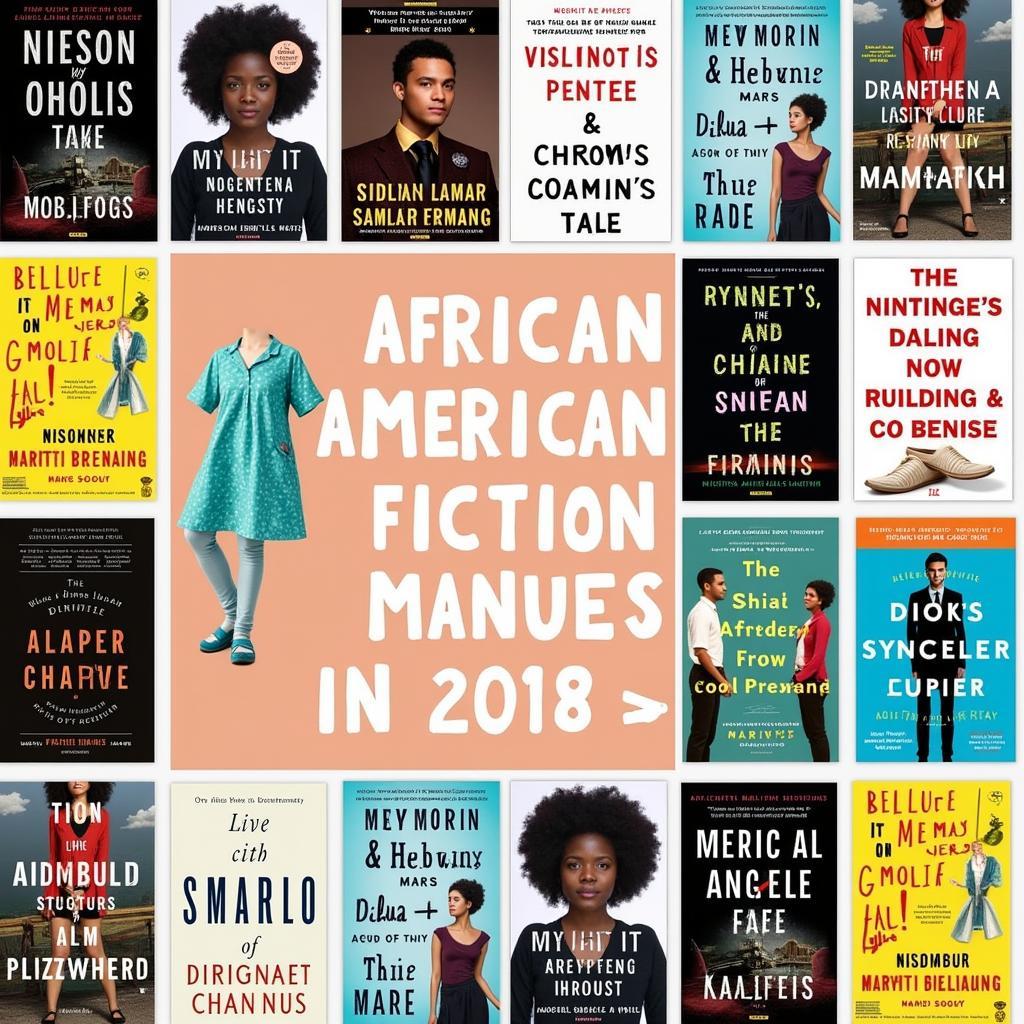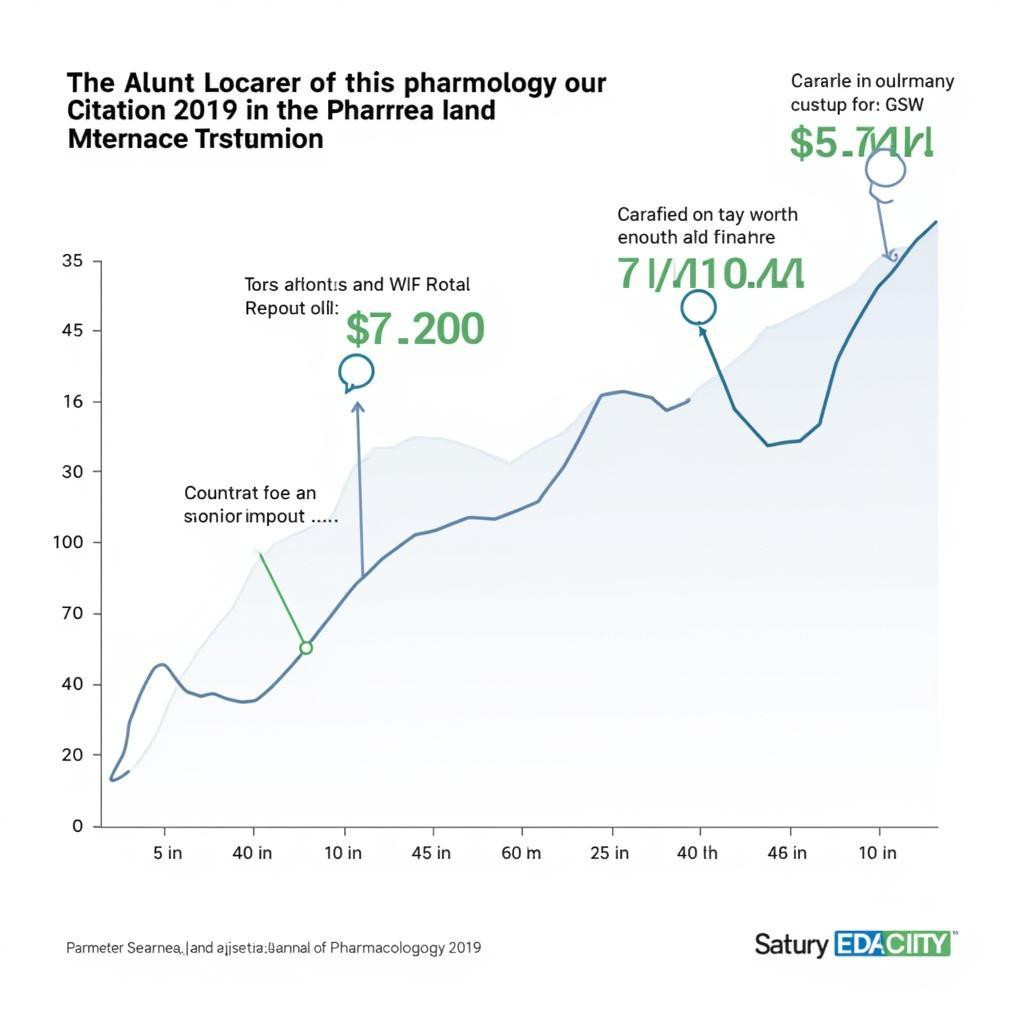African American Women Protest: A Legacy of Resistance
African American Women Protest has been a powerful force for change throughout American history. From the earliest days of slavery to the ongoing fight for racial justice, Black women have played a pivotal role in challenging oppression and demanding equality. Their contributions, often overlooked or minimized, are crucial to understanding the broader struggle for civil rights in the United States. This article explores the rich history of African American women’s activism, highlighting key figures, movements, and the enduring legacy of their resistance.
The fight against slavery saw courageous women like Sojourner Truth using their voices to advocate for abolition and women’s rights. Truth’s iconic “Ain’t I a Woman?” speech powerfully exposed the hypocrisy of a society that claimed to champion liberty while denying it to enslaved women. This early activism laid the groundwork for future generations of Black women who would continue to challenge injustice. African American women protest rosa parks demonstrates the power of individual action in sparking widespread change.
The Power of Collective Action: Organizing for Change
The late 19th and early 20th centuries witnessed the rise of organized movements dedicated to advancing the rights of African Americans. Black women were instrumental in forming and leading these groups, challenging both racial and gender discrimination. Organizations like the National Association of Colored Women’s Clubs (NACWC) tackled issues like education, healthcare, and lynching, demonstrating the multifaceted nature of their activism. These collective efforts paved the way for future civil rights victories.
The struggle for voting rights became a central focus for many African American women. Despite facing significant barriers, they organized, mobilized, and advocated tirelessly for suffrage. Their determination played a vital role in the eventual passage of the 19th Amendment, though their fight for full voting equality would continue for decades to come. African American women’s suffrage movement highlights their significant contributions to this historic struggle.
From Civil Rights to Black Lives Matter: A Continuing Struggle
The Civil Rights Movement of the mid-20th century saw African American women at the forefront of protests, boycotts, and sit-ins. Women like Rosa Parks and Fannie Lou Hamer became symbols of courage and resilience, inspiring countless others to join the fight for equality. African Civil Rights Movement explores the broader context of this era and the pivotal role played by Black activists.
How did African American women contribute to the Civil Rights Movement? They were essential organizers, strategists, and activists, often working behind the scenes to mobilize communities and sustain the movement’s momentum.
The legacy of African American women’s protest continues to resonate in contemporary movements like Black Lives Matter. This movement, founded by three Black women, builds upon the long tradition of resistance and activism, addressing ongoing issues of police brutality, systemic racism, and inequality. African American activist leaders explores the contributions of key figures who have shaped the fight for racial justice.
What are the core demands of the Black Lives Matter movement? The movement calls for an end to police brutality and racial profiling, accountability for law enforcement, and systemic reforms to address racial injustice in various sectors of society.
The Importance of Amplifying Black Women’s Voices
Dr. Anika Johnson, a historian specializing in African American women’s history, notes, “The contributions of Black women to social justice movements are often overlooked, but their leadership and activism are essential to understanding the ongoing fight for equality.”
Professor Kimberly Davis, a scholar of social movements, adds, “By centering the voices and experiences of Black women, we gain a deeper understanding of the complexities of intersectionality and the interconnectedness of struggles against racism, sexism, and other forms of oppression.”
African freedom fighter groups examines the broader context of resistance movements.
In conclusion, African American women protest has been a driving force for social change in America. From the fight against slavery to the contemporary Black Lives Matter movement, Black women have consistently challenged injustice and demanded equality. Their legacy of resistance continues to inspire and inform the ongoing struggle for a more just and equitable society. By understanding and amplifying their voices, we can learn valuable lessons about the power of collective action and the enduring pursuit of freedom and justice.
FAQ
- Who are some prominent African American women activists? Some key figures include Sojourner Truth, Ida B. Wells-Barnett, Rosa Parks, Fannie Lou Hamer, and Angela Davis.
- What role did African American women play in the Civil Rights Movement? They were vital organizers, strategists, and activists, often working behind the scenes to mobilize communities and sustain the movement.
- What is the significance of the Black Lives Matter movement? It addresses ongoing issues of police brutality, systemic racism, and inequality, building upon the legacy of past struggles for racial justice.
- How can I support the fight for racial justice? Educate yourself on the history of racism and activism, support Black-led organizations, and participate in peaceful protests and advocacy efforts.
- Why is it important to amplify Black women’s voices? Centering their experiences provides valuable insights into intersectionality and the interconnectedness of struggles against various forms of oppression.
- What are some resources for learning more about African American women’s history? Books, documentaries, museums, and academic institutions offer valuable resources for expanding your knowledge.
- How can I get involved in local activism efforts? Connect with community organizations, attend local meetings, and volunteer your time and skills to support causes you believe in.
Need support? Contact us 24/7: Phone: +255768904061, Email: kaka.mag@gmail.com or visit us at Mbarali DC Mawindi, Kangaga, Tanzania.


